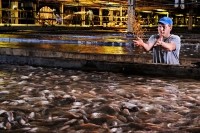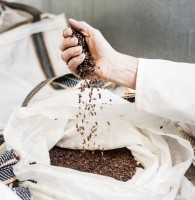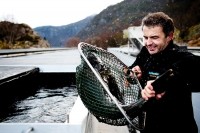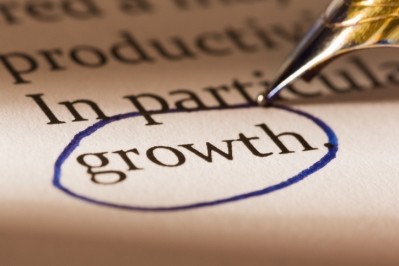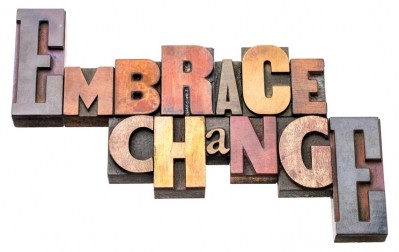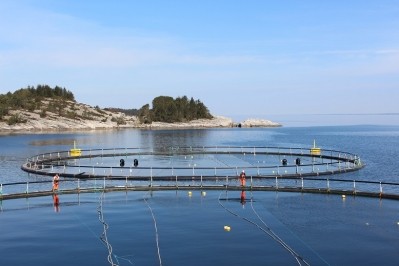Dutch investors look to create a sustainable ecosystem of feed and fish farm SMEs
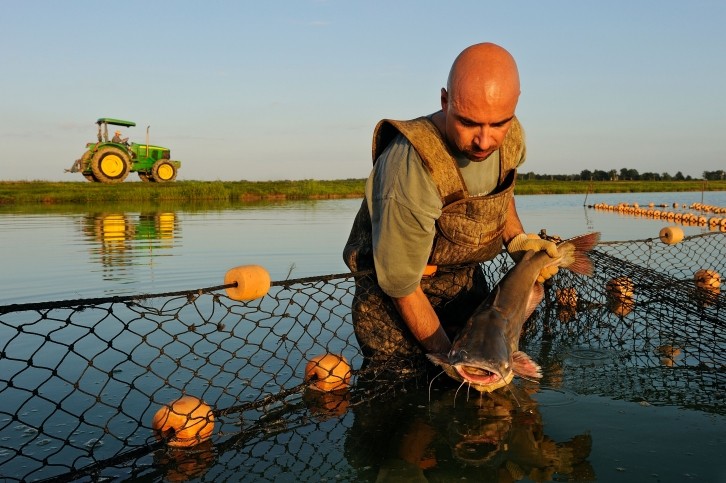
It is doing so in yearly investment chunks, weighing up small to medium feed, aquaculture technology and fish farm operations that can act in synergy with each other.
It is an immense project, said Mike Velings, who is co-founder of Aqua-Spark, along with with Amy Novogratz.
The fund has $19.25m under management, dedicated to investments aimed at improving the ecological profile of the sector. The goal of Aqua Spark is to grow to $400m by 2025.
“We have 500 companies on our radar currently; some are at the very early stage of production, others at a more advanced juncture. We have made five investments since January 2015 and this year plan six to eight more. Eventually, we hope to have backed between 60 and 80 companies that fit our ecosystem model,” Velings told FeedNavigator.
About 30 to 40 of future investments will be in actual fish farms, he said.
Farmed fish production must more than double by 2050 in order to meet demand for protein and help feed 9.7 billion, according to a report led by the World Resources Institute. “Meeting that demand would require 200 to 300 million tons of additional feed,” noted Velings.
Alternative ingredients
Aqua Spark is seeking out alternatives to conventional fishmeal and plant based ingredients in aquaculture in an effort to address the protein deficit. But such inputs must have minimal environmental footprint.
Velings sees potential in both macro and micro algae as replacement for costly and finite fishmeal and fish oil resources but not for “a few years yet.”
Insect meal can work as an alternative to soy protein concentrates, but obviously needs to scale up in volume and have a low enough price in order for it to become a viable part of the solution for sustainable aquaculture, he said. “Today, it is a niche product. But we see the first large scale insect production plant coming on stream very soon,” added Velings.
The fund invested nearly $7.5m in the US methane gas to feed additive producer, Calysta, over two separate financing rounds – the first in January 2015 and the second, along with Cargill and others, in December last year.
Calysta has generated a lot of excitement over its methane-eating natural microbe that produces a protein for use as a fishmeal replacer in both aquaculture and poultry production.
“We had been eyeing up potential investments for a few years and, for us, Calysta really stood out. It is a proven technology, with EU approval, that has previously been scaled up to industrial level with success. It comes with robust economics and engineering behind it and can be produced at a price point below fishmeal. The overall picture is just perfect.
“We also have a favoured nation status deal with Calysta in terms of integrating FeedKind into the fish farming operations in our portfolio,” said Velings.
Farm investments
Velings said, in some ways, there is less risk involved in investing in the farming side of aquaculture than in feed. “Picking a winner out of the multiple feed ingredient alternatives out there can be hard, and feed formulation is a science,” he noted.
Last year saw Aqua Spark back Norwegian farmed halibut producer, Sogn Aqua, to the tune of $2.75m, which the co-founder described as sustainability game changer due to its production system.
And in the past 12 months, the fund has also invested in Mozambique fish farm, Chicoa, and eFishery, a technology for monitoring fish feed and reducing costs in the process. It will be used on farms like Chicoa and Sogn Aqua, said Velings.
